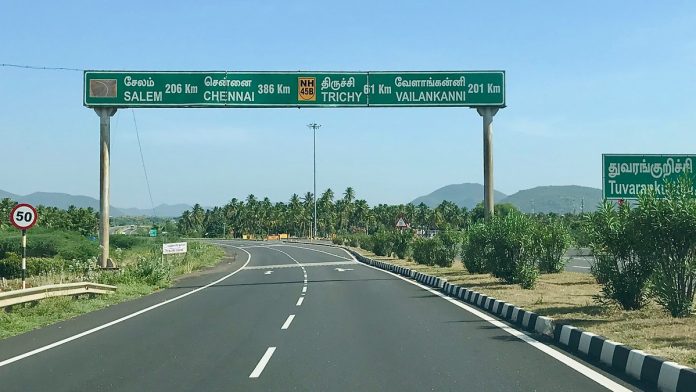September 2, 2020: The Narendra Modi government has revised its highway contract norms to make the sector more market-friendly and lure more private players.
The revised Model Concession Agreement (MCA) for Build-Operate-Transfer (BOT, toll) projects seeks to plug delays by imposing a deadline on the National Highways Authority of India (NHAI) and incentivising timely work by concessionaires.
ThePrint has seen a copy of the agreement, which was finalised by the Union Road Transport and Highways Ministry last week.
BOT projects are those based on a public-private partnership model, where private concessionaires construct highways, then recoup their expenses through tolls levied on traffic over a certain period.
According to the revised agreement, the NHAI, the highway building arm of the government, will have to hand over 90 per cent of the project land — vacant and ready to build on — to private developers before work starts.
This is aimed at addressing one of the primary reasons cited by private developers for delay in starting work on road projects. If the NHAI’s failure to arrange 90 per cent of the land in time results in a delay in starting the project, it will be liable to pay a fine equivalent to 0.1 per cent of the performance security, or the financial guarantee concessionaires offer the government to assure fulfilment of contract obligations.
The revised agreement also mandates that if the NHAI fails to provide the remaining 10 per cent of the land to the developer within 180 days of work starting, it will be removed from the scope of the project.
The concessionaire, meanwhile, will be allowed to operate part of the highway if they complete construction on the 90 per cent land made available to him within 180 days of the date assigned to start work.
Highway projects are generally awarded to private developers for a 20-year concession period, after which the project is handed over to the NHAI.
Source: The Print








